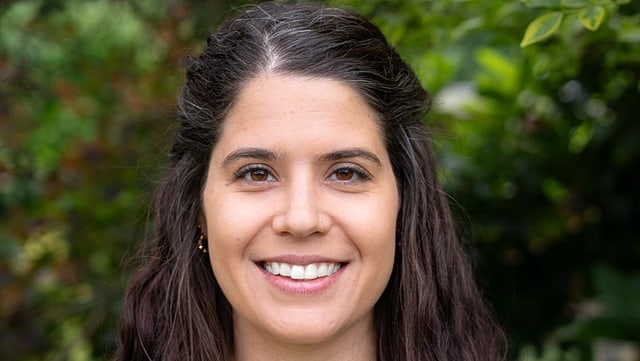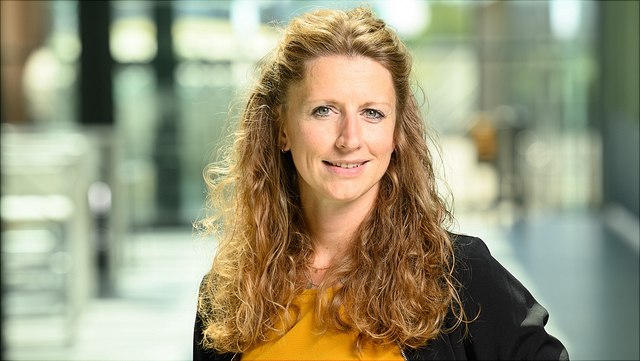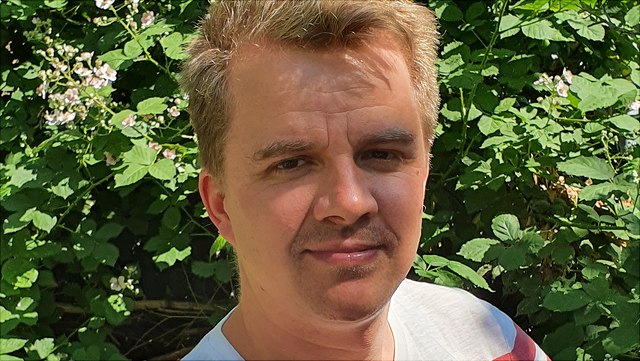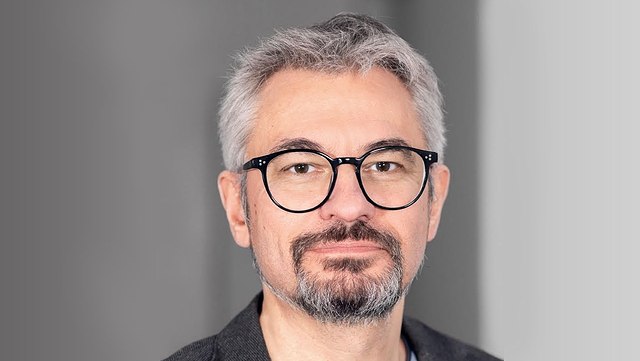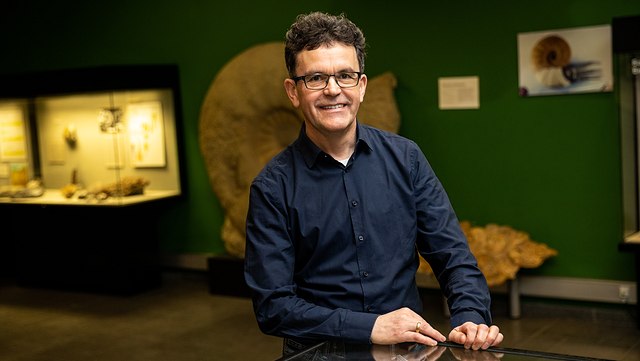What's new in climate science?
Once a month, CEN and CLICCS researchers present their projects in Hamburg’s daily newspaper Hamburger Abendblatt. Read about our academics’ latest discoveries!
Articles in 2023

Adaptation to Climate Change: Cities Will Have to Fundamentally Transform
Dr. Franziska S. Hanf is a climate physicist working on climate adaptation in urban systems. She is currently a senior postdoc in the project “Water from four sides” of the Cluster of Excellence “Climate, Climatic Change, and Society” (CLICCS) at the University of Hamburg. Read Article
.

Sustainability in Brazil
Dr. Eduardo Gonçalves Gresse is a CLICCS Synthesis Scientist conducting research on sustainable development and potential climate futures with a focus on Brazil. Read Article
.
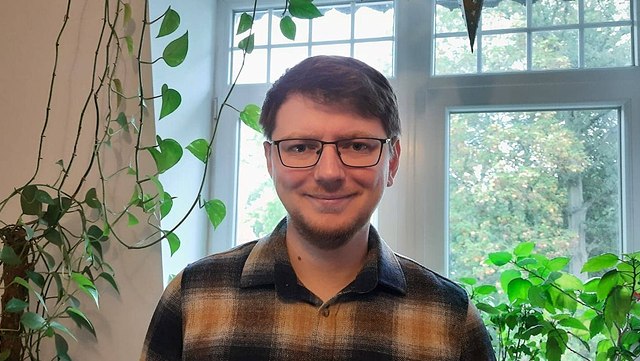
How Emissions from Large Ships Spread Throughout Hamburg
Ronny Badeke completed his doctoral studies in Earth System Sciences at Universität Hamburg and is currently investigating how ship emissions affect the city's air quality. Read Article
.

How Boxes and Triangles Can Help Explore the Coastal Ocean
Dr. Moritz Mathis' main interest is in matter transport in the ocean. He is currently conducting research at the Helmholtz-Zentrum Hereon for Universität Hamburg’s Cluster of Excellence for climate research “Climate, Climatic Change, and Society” (CLICCS). Read Article
.

How Transparency Can Make Companies Greener
Prof. Dr. Alexander Bassen's main interests are in capital markets and corporate governance. He is currently conducting research at Universität Hamburg’s Cluster of Excellence for Climate Research “Climate, Climatic Change, and Society” (CLICCS). Read Article
.
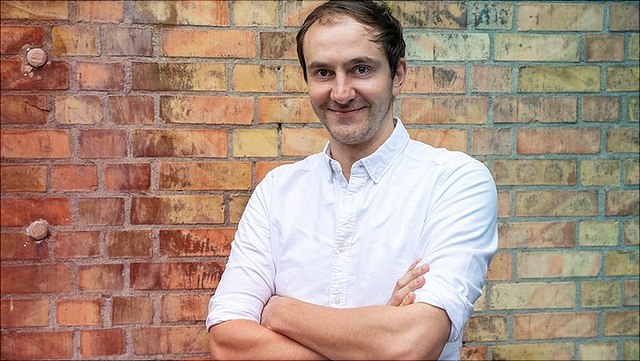
CO2 Prices Are Also Good For Your Health
Prof. Dr. Moritz Drupp is a sustainability economist currently investigating CO2 pricing at Universität Hamburg’s Cluster of Excellence for climate research, CLICCS. Read Article
.

Is the Baltic Floor Leaky?
Prof. Dr. Christian Hübscher is a geophysicist and expert on subterranean storage sites. He works at Universität Hamburg’s Center for Earth System Research and Sustainability. Read Article
.

Traditionelle Landwirtschaft in Indien bedroht
Lea Schrödererforscht, wie sich Landwirtschaft nachhaltig an den Klimawandel anpassen kann. Read Article
Articles in 2022
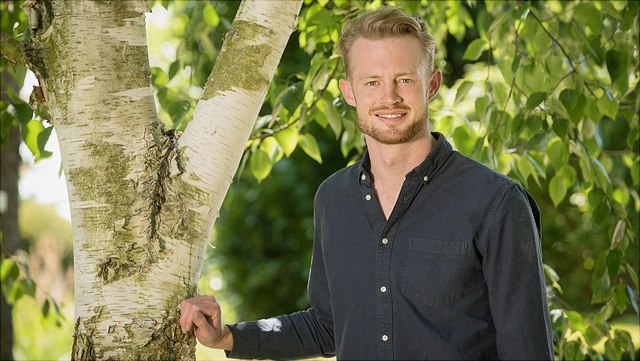
Putting Urban Trees to the Test
Alexander Schütt is a member of the CEN and is investigating trees under climate change at Universität Hamburg’s Institute of Soil Science. Read more
.
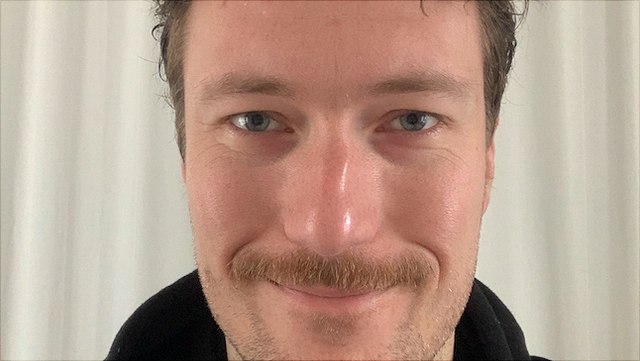
Sizzling Hot Summers in Southern Europe: Record Highs Aren’t Due to Climate Change Alone
Dr. Leonard Borchert is an expert on short- and medium-term climate predictions and climate extremes at the Center for Earth System Science and Sustainability at the University of Hamburg. Read more
.
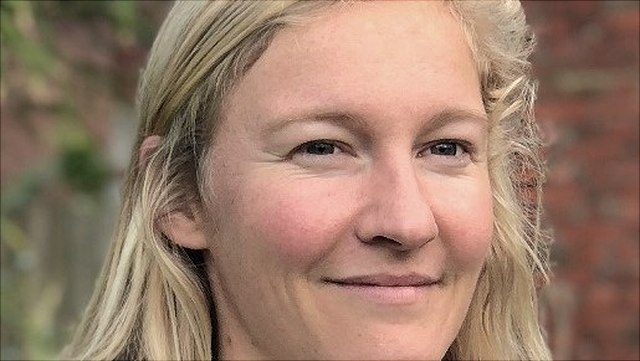
How habitat shifts can be predicted
Dr. Anna Katharina Miesner is a oceanographer at the University of Hamburg and researches habitat shifts under climate change.
Read more
.
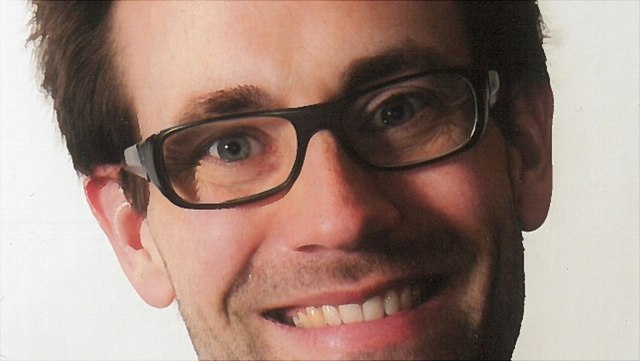
Weather and Climate: Now in 3D
Atmospheric scientist and computer scientist Dr. Marc Rautenhaus conducts research on the scientific visualization of data at Universität Hamburg’s Center for Earth System Research and Sustainability (CEN) and Regional Computing Center (RRZ).
Read more
.
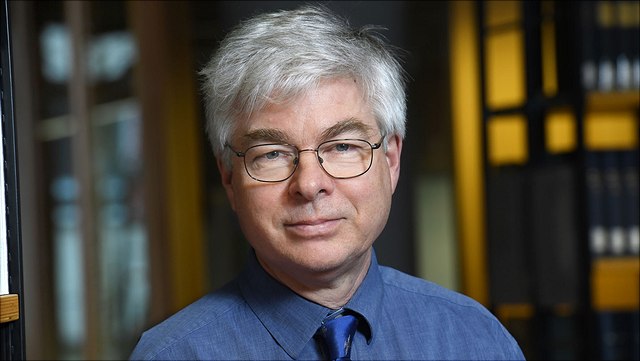
Klimaziel: Wie plausibel Netto-Null Emissionen bis 2050 sind
Der Direktor des Centrums für Erdsystemforschung und Nachhaltigkeit (CEN) und Sprecher des Exzellenzclusters Climate, Climatic Change, and Society (CLICCS) Prof. Detlef Stammer zur Plausibilität von Netto-Null Emissionen. Zum Artikel
.
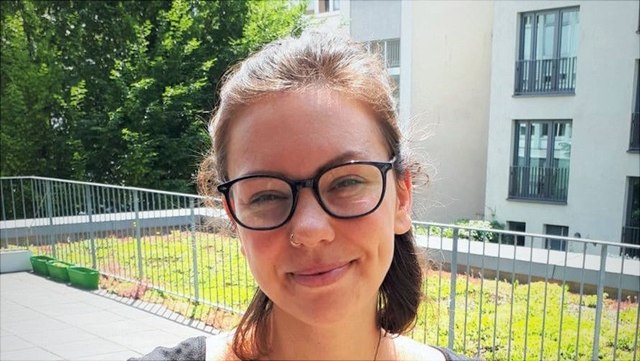
Underwater Climate Protection: How Much Carbon is Stored by Baltic Flora and Fauna
Wie viel Kohlenstoff Pflanzen und Tiere der Ostsee speichern
Maike Scheffold is currently writing her dissertation in Biological Oceanography and researches the organic carbon stores of the Baltic Sea. Read more
.
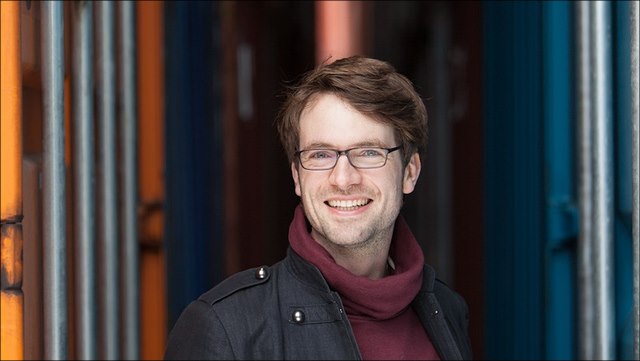
Warning, flood risk: Where citizens of Hamburg need more support
Dr. Malte von Szombathely is an urban geographer and conducts research in the CLICCS Cluster of Excellence at the University of Hamburg on how people fare in vulnerable heavy rainfall and flash flood areas. Read more
Articles in 2021
.
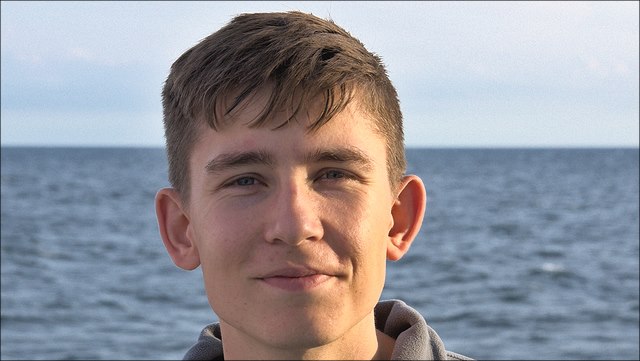
Santorini: Gleaning Volcanic History from the Ocean Floor
For his doctoral thesis, geophysicist Jonas Preine is investigating the evolution of volcanic fields. His findings are essential to an international expedition in 2022/23, which will include gathering sediment cores. Read more
.
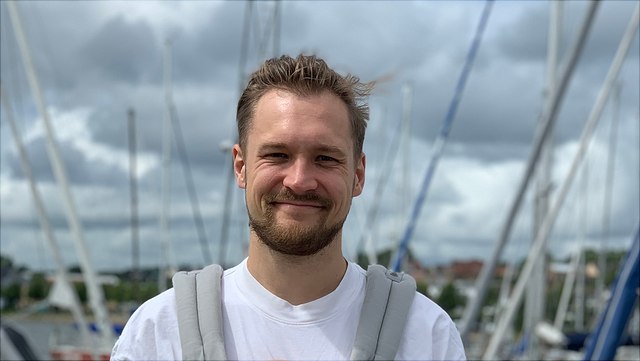
Natural Floodplains Store Carbon and Protect the Climate in the Process
Adrian Heger is an expert on carbon cycles in soils. He completed his doctorate at Universität Hamburg’s Center for Earth System Research and Sustainability (CEN). Read more
.
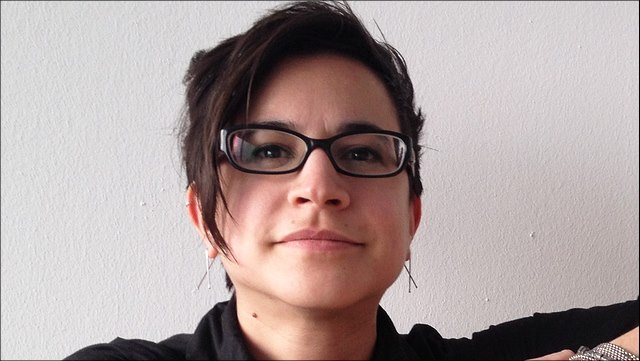
Storm Warnings: When the Seafloor Shakes
Professor Céline Hadziioannou is a geophysicist. She and her Working Group are using groundbreaking methods to explore seismic background noise. As a seismologist at the CEN, she investigates these tiny movements. Read more
.
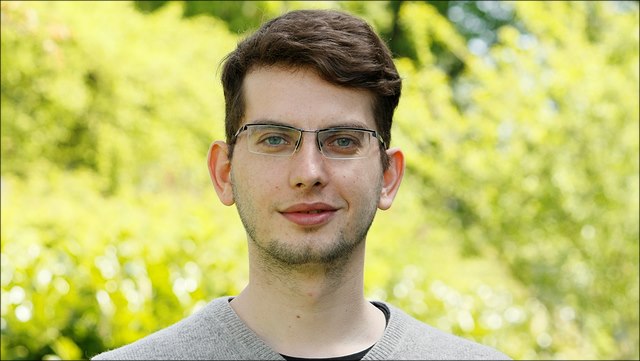
Reliably Predicting Extreme Weather
As part of his doctoral thesis at the Center for Earth System Research and Sustainability (CEN) at the University of Hamburg, Dr. Patrick Pieper researched how weather extremes can be forecast several months in advance. Read more
.
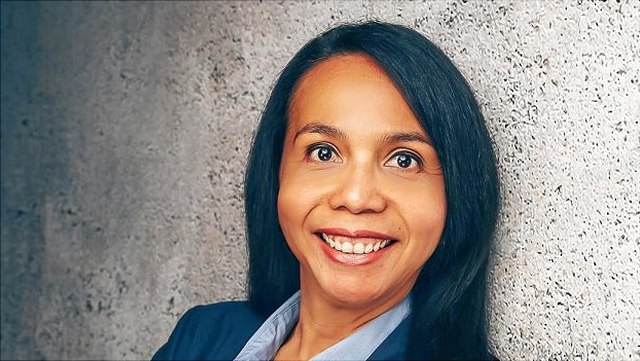
Climate Change: Colombia’s Longest River Needs to Be Managed
Martha Bolivar has assessed how climate change is affecting the water supply along Colombia’s Magdalena River, and what measures will be required in order to meet future water demand. Read more
.
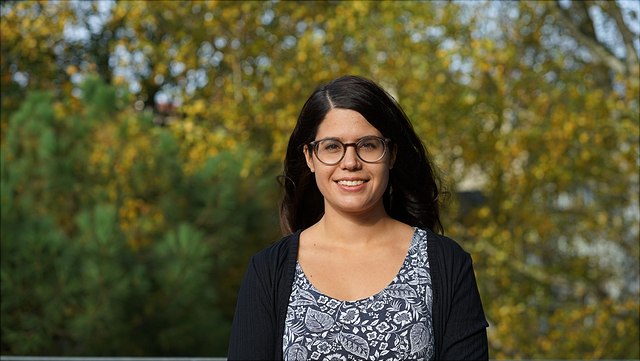
Science meets local knowledge: Climate Change as Punishment?
Can storms and droughts be a punishment? Inga Janina Sievert and colleagues shed light on the discourse on anthropogenic climate change from a cross-cultural, anthropological perspective. Read more
.
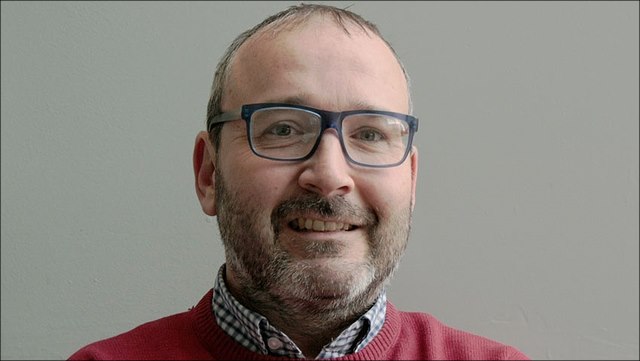
Shepherds with Cell Phones Can Mobilize Rapidly When Resources Become Scarce
Miguel Rodriguez Lopez is an economist and political scientist. He has investigated, how communication via cell phone affects mobility. Read more
.
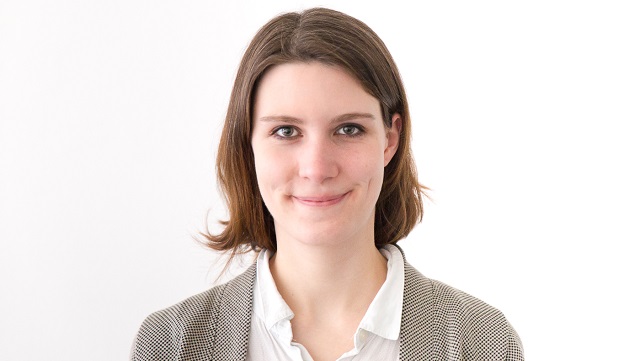
How the Stone Sediment of Yesterday is Shaping the Ocean of Tomorrow
Janine Börker has investigated, how loose sediments transported by rivers affect the acidity of the ocean when they reach it. These calculations are extremely important for climate research. Read more
.
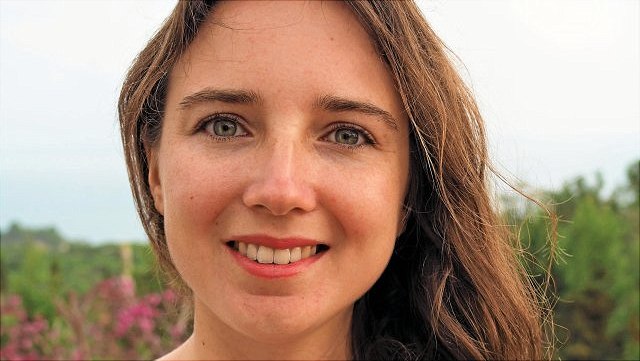
Small-scale Terraced Agriculture Protects the Climate and Environment
Geographer Katharina Heider is currently researching sustainable agriculture in the Mediterranean region using Geographic Information Systems (GIS). Read more
.
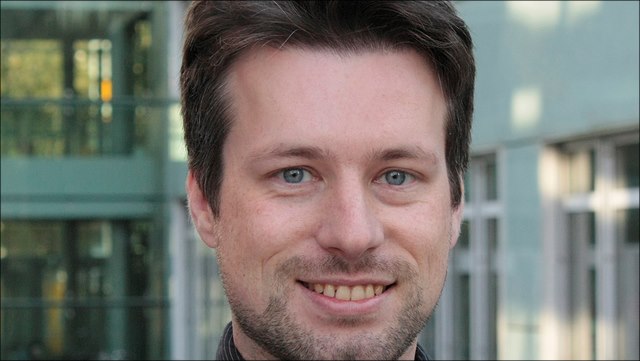
Old Knowledge for a New World
Indigenous knowledge can help to adapt to climate change. Geographer Dr. Jan Petzold investigated whether it was sufficiently considered in the IPCC's World Climate Report. Not yet, he found. Read more
.
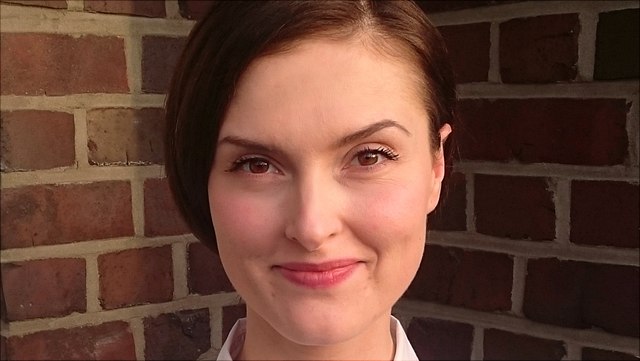
How Companies Can Protect the Climate Effectively
Brigitte Frank is a doctoral researcher at the Cluster of Excellence CLICCS at the Universität Hamburg. She is currently investigating strategies for a low-carbon economy. Read more
Articles in 2020
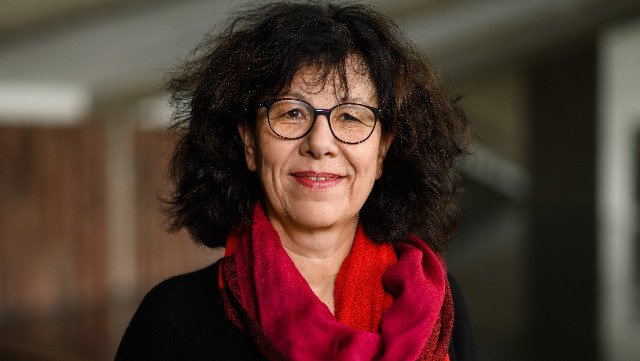
Climate protests reveal where norms are violated
At CEN, Prof. Dr. Antje Wiener is investigating how climate justice can become the social norm and why the climate norm has not yet become fully established. Read more
.
How much is the Atlantic heating up our weather?
Prof. Dr. Johanna Baehr and her team at CEN produce climate forecasts by modelling the climate. There, the Atlanktic Ocean plays a critical role. Read more
.
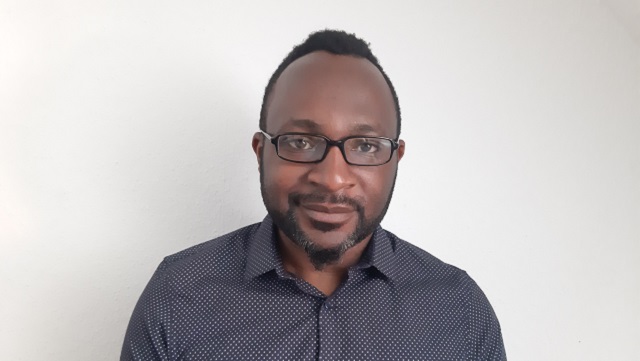
Climate, Crisis and Conflicts at Lake Chad
Frederic Kamta is researching how climate change is affecting the already tense situation in northern Nigeria.
Read more
.
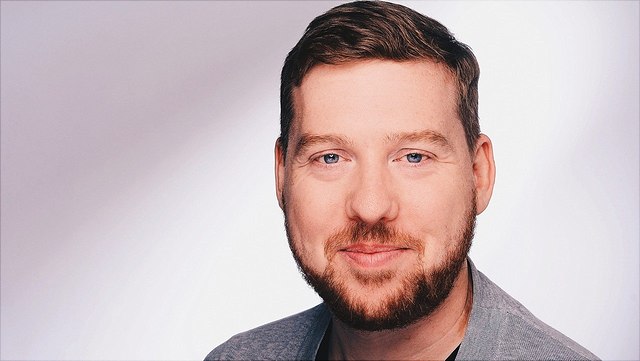
Using rock powder to fix atmospheric CO2
Dr. Thorben Amann is a Geologist at Universität Hamburg, where his research focuses on methods for removing CO2 from the atmosphere. Read more
.
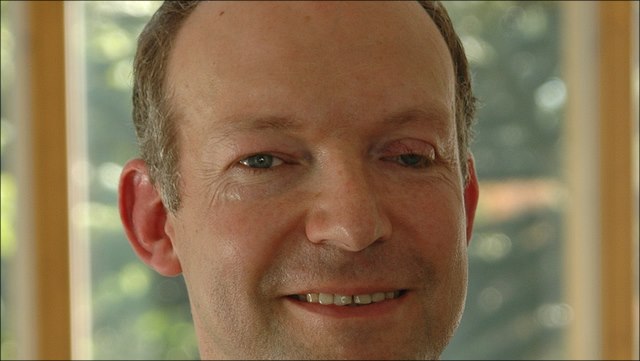
Climate Protection – in the Name of the Law
Since February, the city of Hamburg has a new climate law. Prof. Dr. Martin Wickel examined this in more detail and discussed it in the Cluster of Excellence for Climate Research at the University of Hamburg. Read more
.
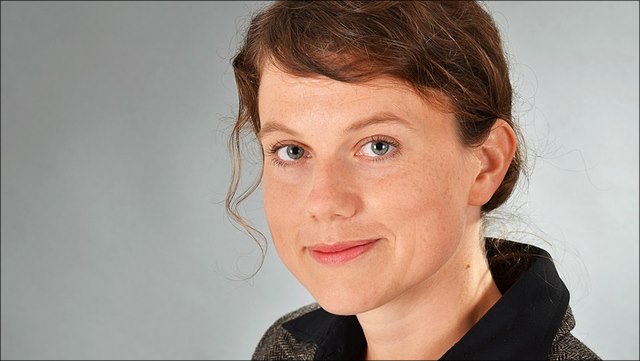
Science and Politics in Crisis Mode
What does this say about the relationship between science and politics? Prof. Dr. Simone Rödder is a sociologist of science at the Center for Earth System Research and Sustainability (CEN) at the University of Hamburg and investigates such questions. Read more
.

A 25-euro CO2 Tax Won’t Save the Climate
As an environmental economist at CLICCS, Junior Prof. Moritz Drupp analyzes various measures for reducing greenhouse-gas emissions. One key measure is, for example, levying a tax on greenhouse gases. Read more
.
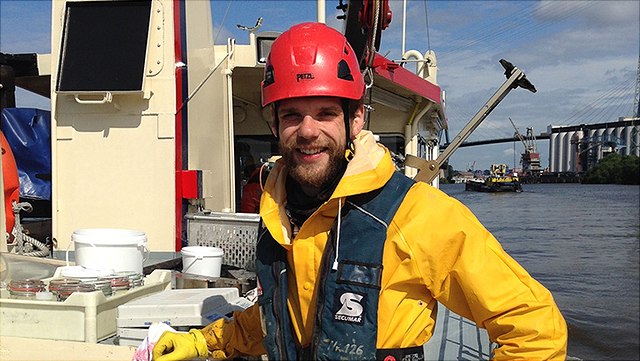
When the Fish in the Port Run Out of Air
At the Center for Earth System Research and Sustainability (CEN) Mathias Spieckermann is investigating how much oxygen the sediments consume, and which factors determine oxygen consumption. Read more
.
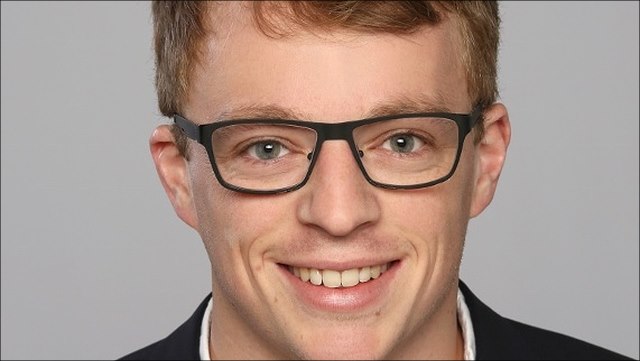
What Does Net Zero Actually Mean?
Felix Schenuit is a political scientist at the Cluster of Excellence CLICCS and is currently investigating the European Union’s climate policy. Read more
.
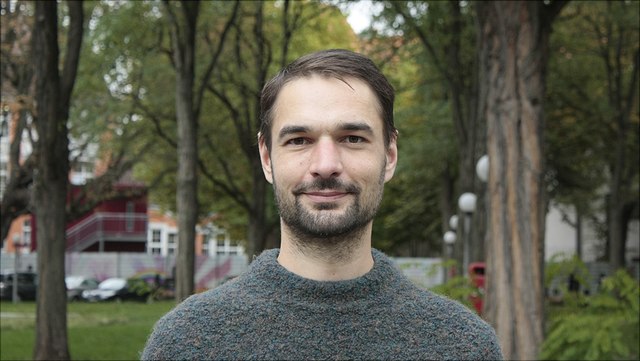
Climate Protection: It’s Worth Rewetting Dry Peatland!
Dr. David Holl is a soil scientist and peatland expert at Universität Hamburg’s Center for Earth System Research and Sustainability. Read more
Articles in 2019
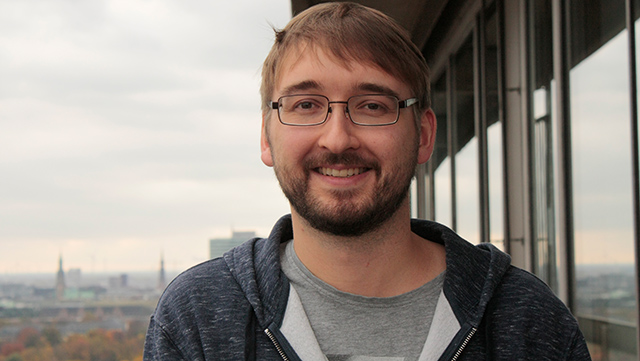
Water Vapor in the Upper Atmosphere Produces Rising Temperatures
Lukas Kluft researches how water vapor affects the greenhouse effect. Read more
.
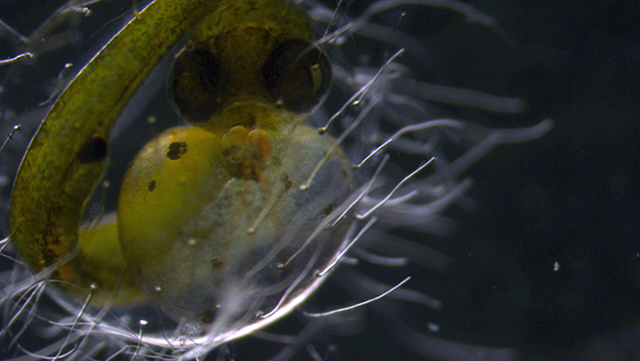
Baltic Sea garfish are in trouble
Dr. Katharina Alter, together with her team at CEN, researches how the garfish cope if both the temperature and the carbon dioxide in the water, the CO2, continue to rise. Read more
.
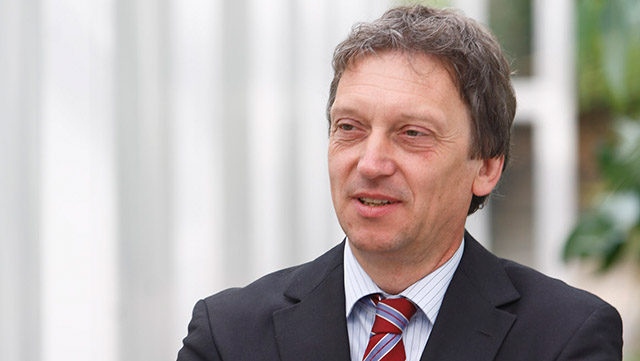
Our forests: on a collision course with climate change
At present, drought and dying trees characterize entire regions. At CEN, Prof. Dr. Michael Köhl and his team are investigating how the forest can be prepared for climate change. Read more
.
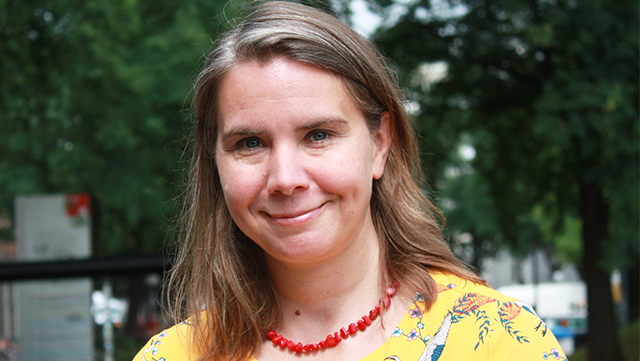
Climate Rescue on the Shopping List
As part of the “Sustainable Lives: Food Choices as Politics and Lifestyle” research project, Prof. Dr. Katharina Kleinen-von Königslöw and her colleague Imke Hoppe analyze the debate surrounding sustainable diets on social media. Read more
.
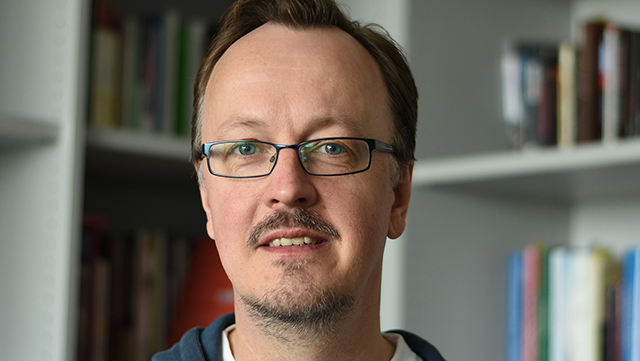
What motivates North Frisians to engage in climate protection
On the North Frisian Islands, residents can feel the climate change. At Universität Hamburg’s CEN Dr. Martin Döring examines, how people perceive environmental changes in their homeland and are thus motivated to protect the climate. Read more
.
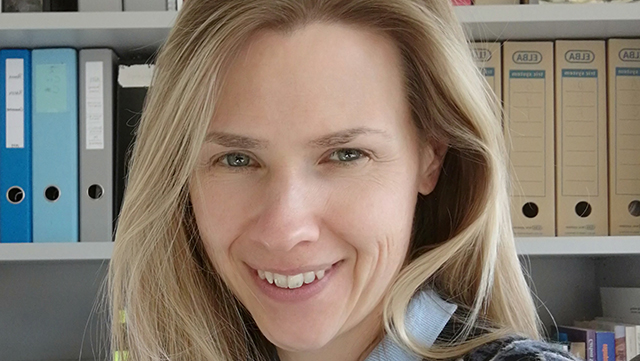
Pesticides: improving harvests, or a hazard in our crop fields?
For farmers around the globe, climate change represents a true challenge. At Universität Hamburg’s CEN, Dr. Livia Rasche works to develop special-purpose computational models to make reliable predictions about pesticides and yields in the future. Read more
.
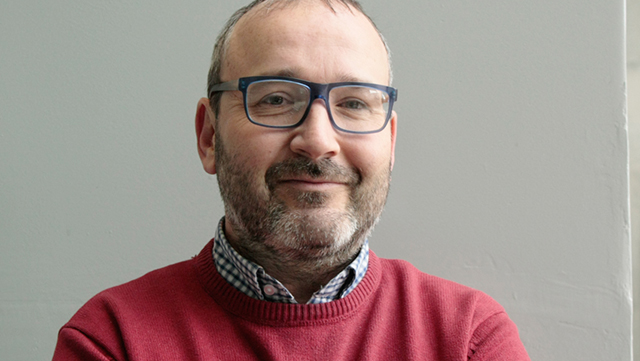
Climate change can turn enemies into partners
The area around the Jordan River is very dry. In the future, climate change will toughen this problem for neighboring countries. Dr Juan Miguel Rodriguez Lopez reports on how scientific cooperation in crisis areas can succeed. Read more
.
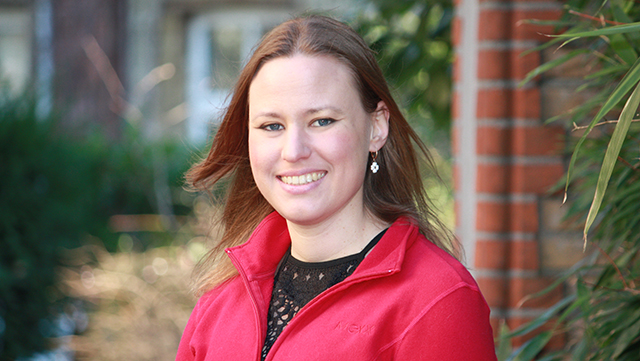
Using Wotan’s help to see how the wind blows
Wind tunnels can help city planners adapt metropolises to climate change. To calculate how the wind blows in a given city, and how great its cooling effect is, Kerstin Schäfer makes models of major urban areas. Read more
.
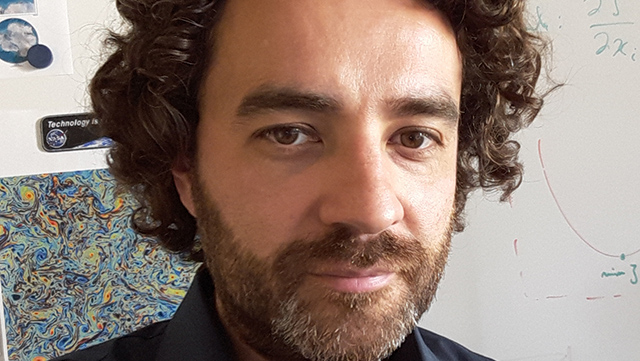
A picture says more than a thousand numbers
Supercomputers create huge volumes of data, which are difficult to decipher – unless researchers like Dr Nuno Serra turn them into a film. Read more
.
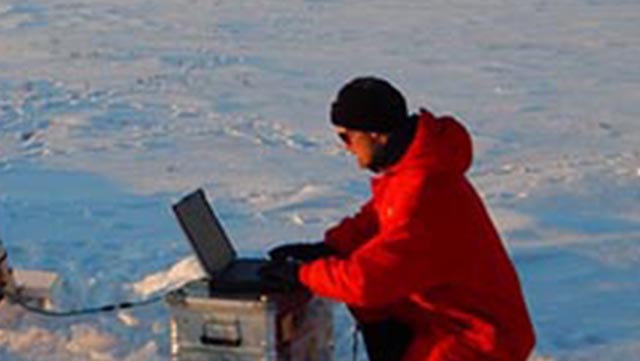
The Breath of the Tundra
Dr. Norman Rößger measures the methane emission of the thawing permafrost in Lenadelta. He has installed a tower with measuring instruments on site. Read more
.
Articles in 2018
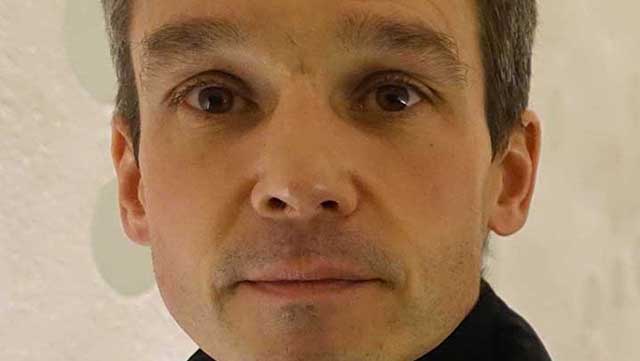
Water shortages! When elephants visit the villages
Prof. Dr. Michael Schnegg is investigating the impact of climate change on rural regions in Africa. Read more
.
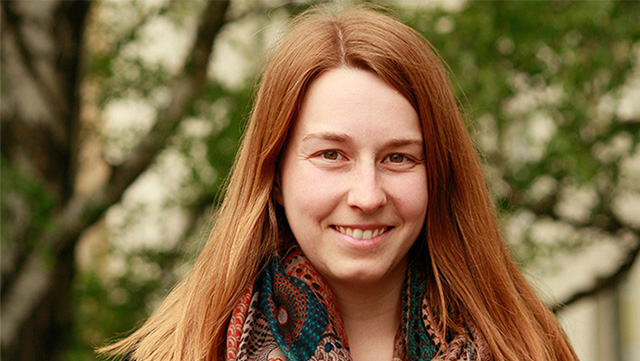
Urban climate: How can we find the most comfortable spots?
Jana Fischereit Jana Fischereit is a meteorologist at the CEN, and is pursuing research on micro-scale computer models for urban climates. Read more
.
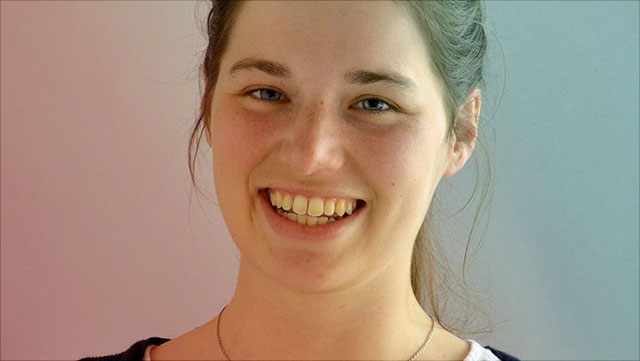
Nature conservation: filling in the gaps
Anke Müller developed a computer program that can help identify the best candidates for future conservation areas.
Read more
.
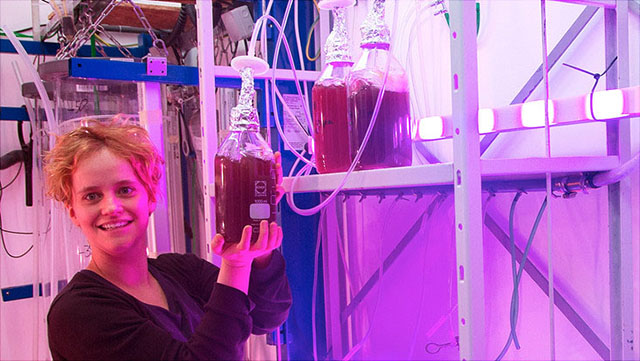
Marine algae: Defying climate change on a rollercoaster
Elisa Schaum researches the effects of climate change on Marine algae.
Read more
.
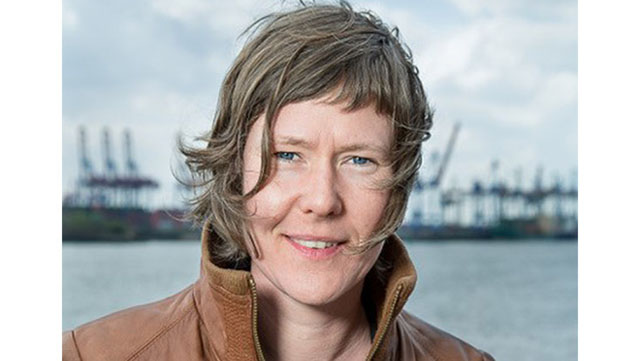
Taking a closer look at our oceans
Dr. Saskia Otto is researching how our seas are doing and which protective measures make sense.
Read more
.
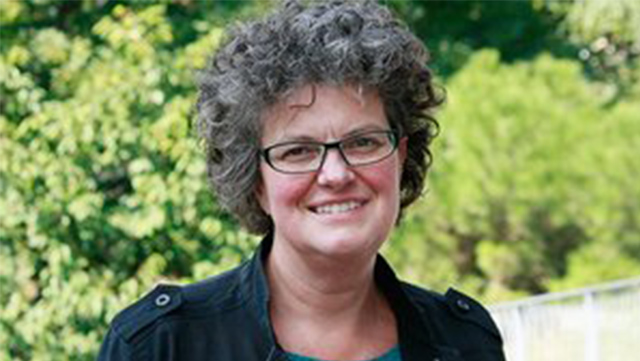
Stressed street trees facing premature death in the future
Annette Eschenbach researches the effects of climate change on soils and plants in the city.
Read more
.
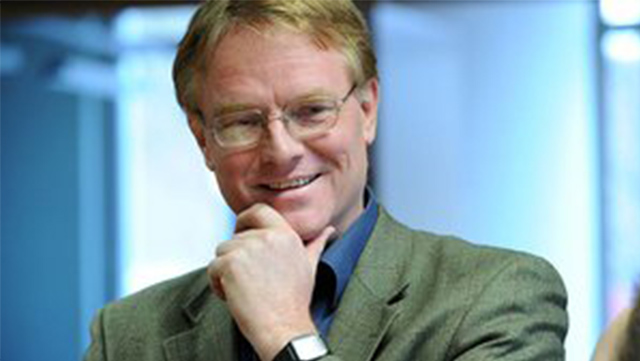
Hamburg-based “agents” in the service of climate research.
Agent-based modeling allows researcher Jürgen Scheffran to simulate human behavior.
Read more
.
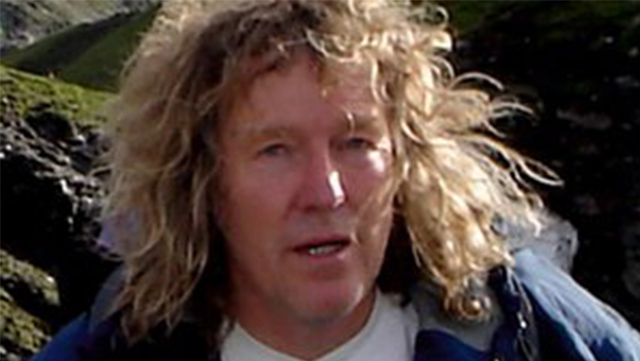
The North Sea takes up twice as much CO2 as previously thought
Johannes Pätsch and Maybritt Meyer want to investigate how much carbon dioxide (CO2) the North Sea absorbs in a year. Read more
.
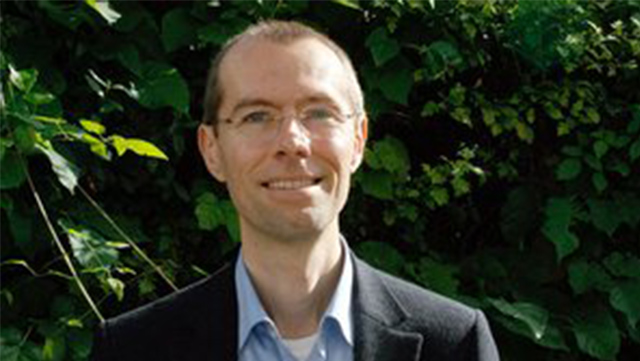
New insights into mysterious ice clouds
Ice clouds play an important role in the climate system. Meteorologist Stefan Bühler has developed a measuring instrument that promises new information. Read more
.

The climate-conscious farmer
In the future, the state plans to obligate farmers to help reduce greenhouse gas emissions. Agricultural economist Uwe Schneider explains how this could work. Read more
.
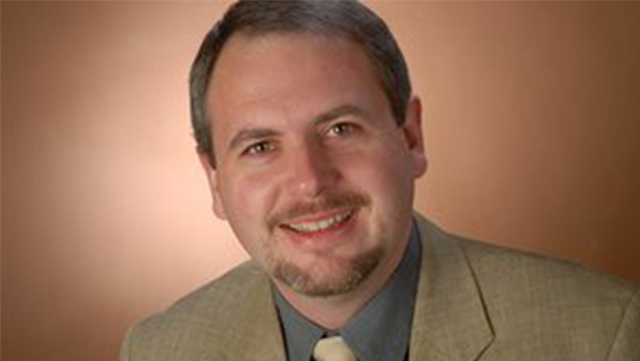
When maize fields become a bone of contention
The energy transition in Germany has increased the proportion of renewable energy significantly. Michael Link explains how potential conflicts could be avoided. Read more
.
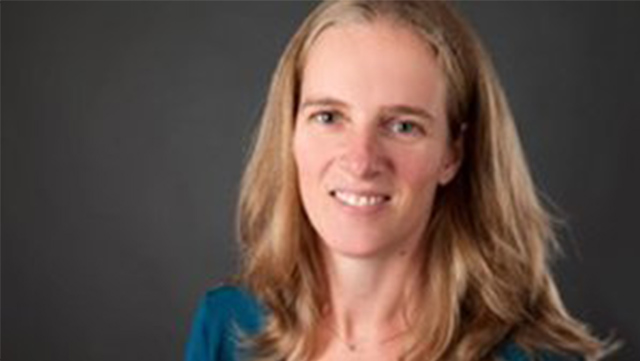
The North Sea – portrayed by 300,000 data sets
The North Sea is changing—not only for the worse. But even a positive trend may mean extra hours for scientists. An article by oceanographer Iris Hinrichs. Read more
.
Articles in 2017
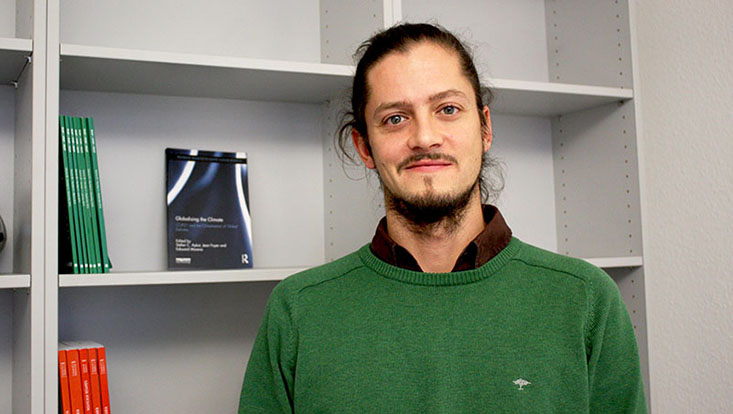
Global climate change conferences: sending an important signal
The sociologist Stefan Aykut has explored the negotiations during the 21st United Nations Climate Change Conference in Paris. What he’s found: the agreements produced by these conferences aren’t the only key to their success. Read more
.
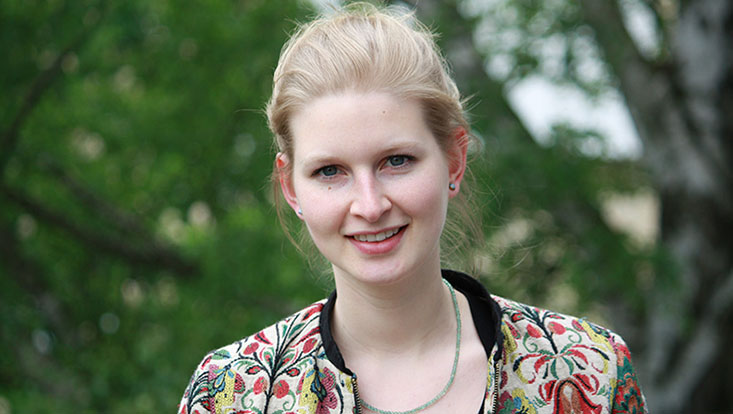
Plankton from 1920 – reviving tiny algae from their long slumber
Marine biologist Jana Hinners woke up dinoflagellate cells that are about 100 years old. Read more
.
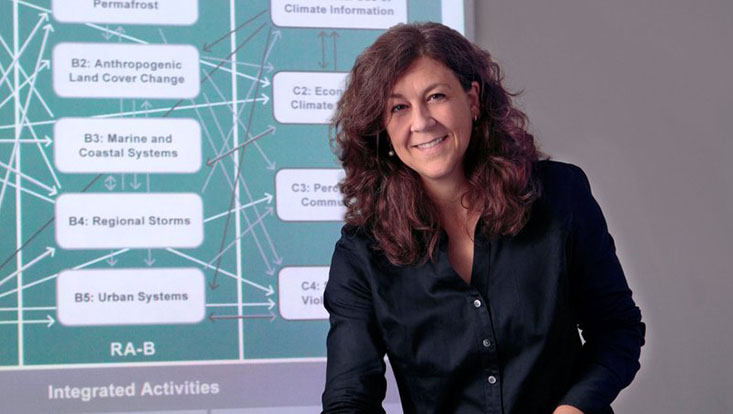
China: Climate Protection as a Side Effect
Sociology Professor Anita Engels focused the question how effective the Chinese efforts are? Read more
.
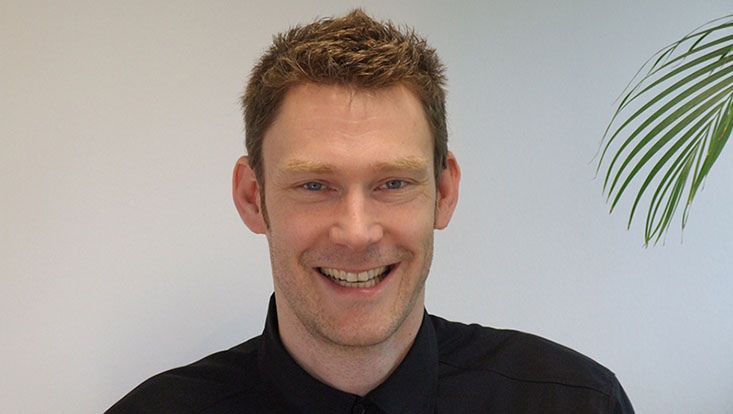
Rain catchers out at sea
Geoscientist Christian Klepp is developing a new dataset based on extensive measurements, which he is gathering on board research ships with the help of specially designed equipment. Read more
.
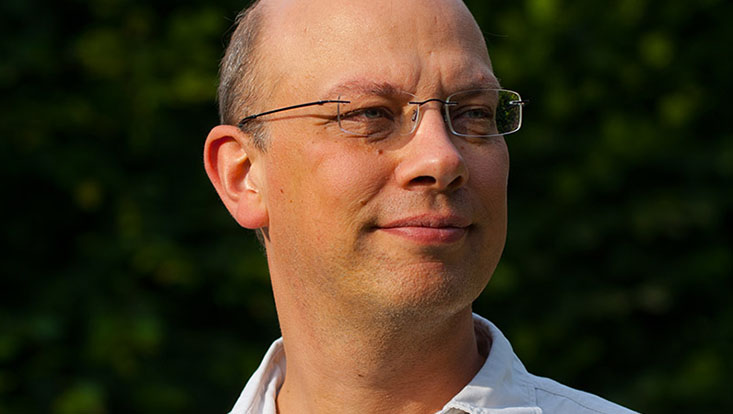
Like small blenders in the sea: offshore wind turbines
Dozens of wind turbines, each over 100 meters tall, produce renewable electricity for our households. Dr Jens Floeter researchs how these farms disturb marine ecosystems, or if they actually have a positive effect? Read more
.
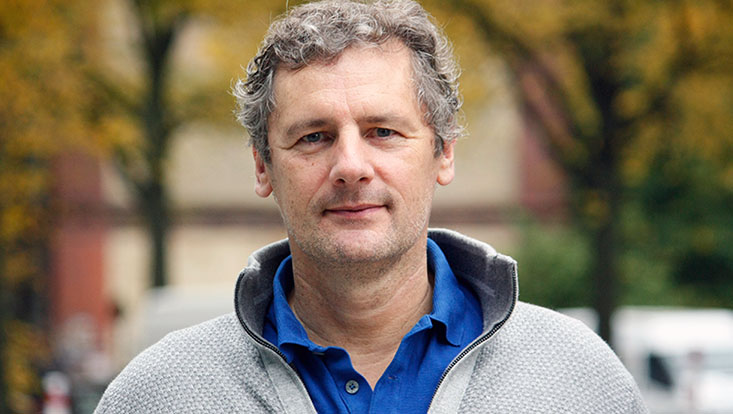
Nuclear waste disposal sites: Why the next ice age plays a role
The geophysicist Prof Christian Hübscher at Universität Hamburg’s Center for Earth System Research and Sustainability currently is researching seismic ground motion and geological deformations. Read more
.
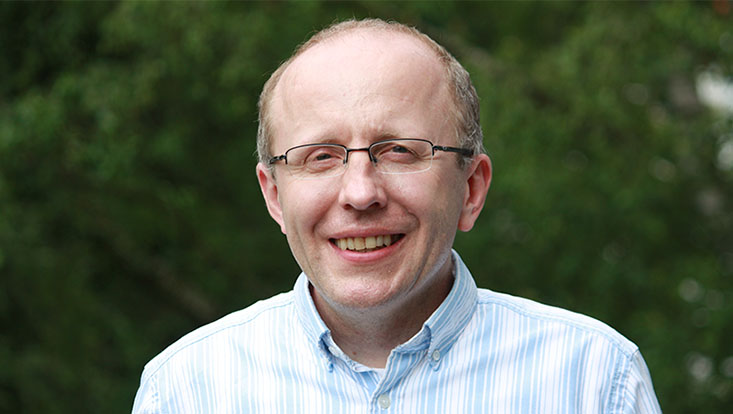
Extreme temperatures: Europe is heating, Turkey is cooling
Meteorologist Christian Franzke discovered a surprising result while reexaming data sets on local extreme temperatures. He is currently analyzing results from the monitoring station in Hamburg. Read more
.
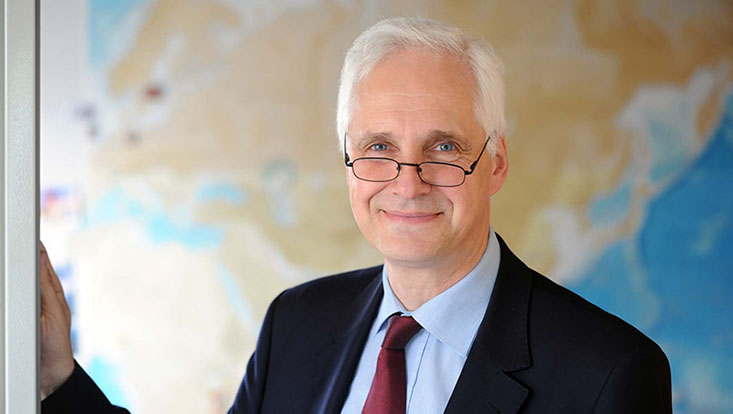
When the tundra chases the taiga
Prof. Martin Claußen investigated how climate changes affect vegetation like tundra or taiga. Read more
.
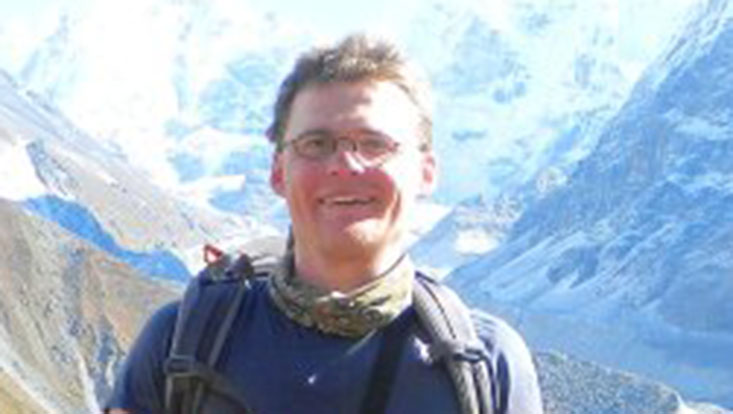
Stable treeline: How a valley in the Himalayas is defying climate change
Geographers Niels Schwab and Birgit Bürzle investigated the treeline around Beding. Read more
.
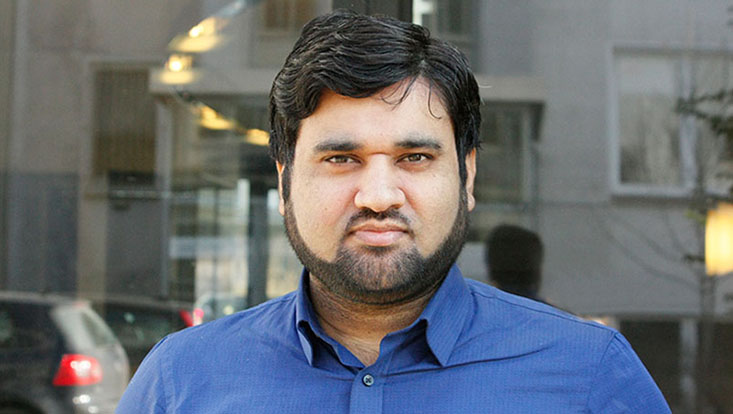
Weather forecasts for Pakistani farmers
The agricultural economist Muhammad Abid interviewed farmers in Pakistan about climate change. Read more
.
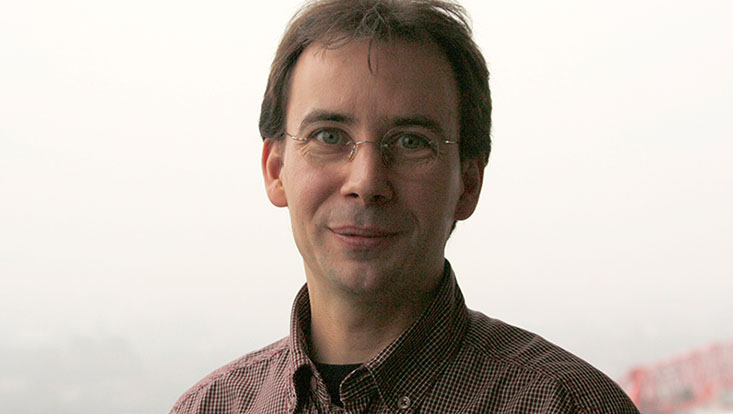
Witnesses of the wind: what the grains of sand in a dune can tell us
Geologist Sebastian Lindhorst used the sand deposits in a wandering dune to reconstruct how hard the wind blew in the past. Read more
.
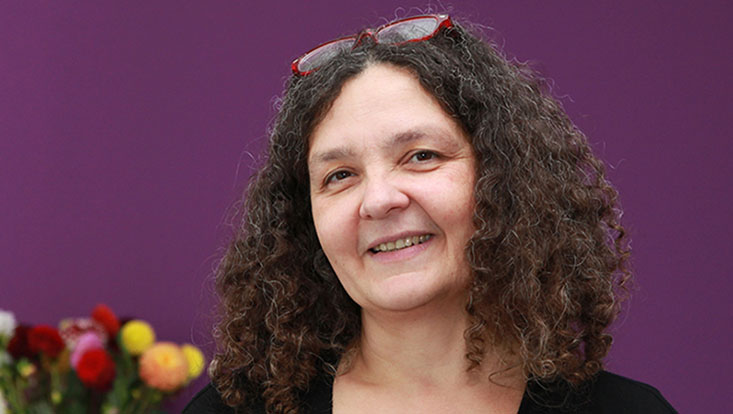
Corinna Schrum is an oceanographer analyses how climate change affects the North Sea.
Corinna Schrum explains how is climate change affecting the North Sea? Read more
Articles in 2016
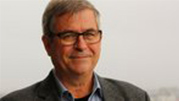
Coral atolls indicate birth of Indian monsoon
Christian Betzler is a geologist and explains the connection between coral atolls and the birth of the Indian monsoon. Read more
.
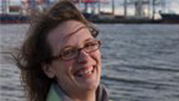
How mysterious clouds are related to climate
Heike Konow is a meteorologist and measured the clouds near the Caribbean island Barbados.
.
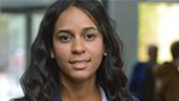
Why They Drive Sugar-powered Cars in Brazil
Daniele Vieira do Nascimento about technology diffusion and the flex-fuel boom in Brazil.
.
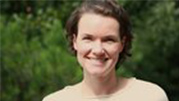
Strategy mix can mitigate the climate impacts on EU farmlands
Natalie Trapp investigated the economic impacts of climate change for agriculture in the EU. Read more
.
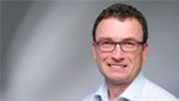
Extraterrestrial impacts: When rock flows like water
Ulrich Riller explains his research on extraterrestrial meteorite impacts and the behavior of the sourrounding material.
.
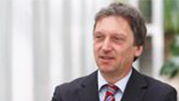
Rainforest clearing
Michael Köhl explains the effects of the interntional climate agreement on the tropical rainforest. Read more
.

How island communities are adapting to rising sea levels
The Geographer Jan Petzold is currently investigating how coastal residents are adapting to rising sea levels. Read more
.
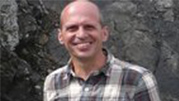
Mosses reduce methane emissions in wetlands
Christian Knoblauch shows that not just microorganisms but also plants have a major influence on the formation and release of methane. Read more
.
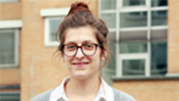
Ocean salinity explains climate phenomena
Julia Köhler uses satellite data to identify changes in ocean salinity around the globe. Read more
.
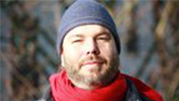
There are more than three trillion trees in the world
Peter Borchardt has studied a unique ecosystem in Kyrgyzstan, and in so doing has provided a basis for counting the number of trees around the globe. Read more
.
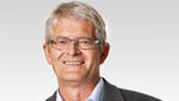
Fishing grounds off the coast of southwest Africa: not yet affected by climate change
Kay Emeis is researching whether the ecological changes off the coast of southwest Africa are the product of climate change. Read more
.
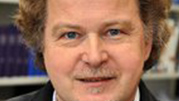
Offshore wind parks: Germany’s subsidies are too generous
Michael Funke is investigating incentives that promote offshore wind parks. Read more
Articles in 2015
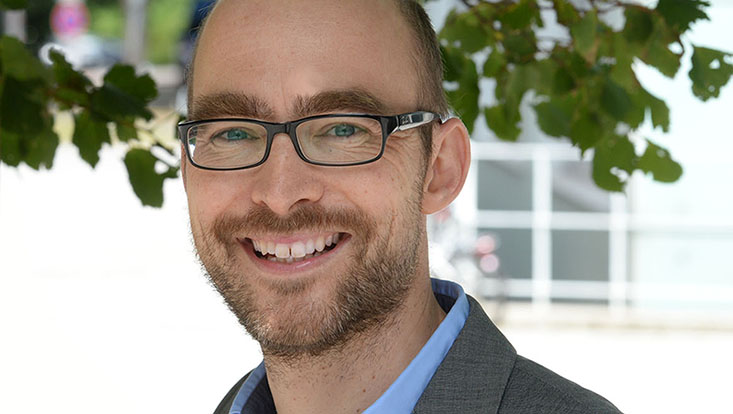
Urgent need to explain climate policy
Michael Brüggemann is analyzing the media coverage on climate change — for example during the climate conference.
.
Will the climate phenomenon El Niño mean a harsh winter for Hamburg?
Johanna Baehr is a Professor at the Institute of Oceanography and an expert on seasonal prognoses. Read more
.
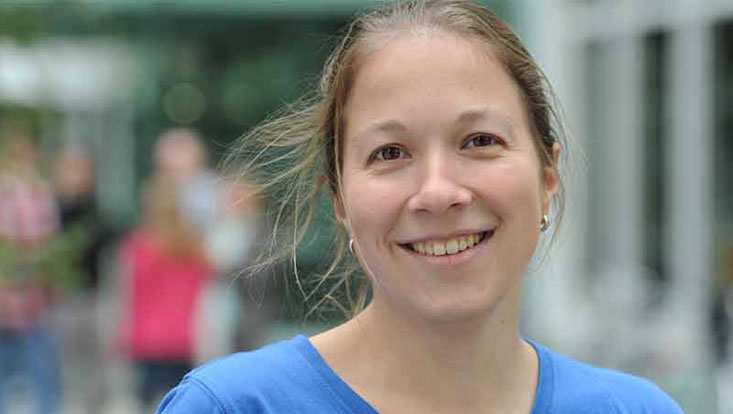
Large-scale offshore wind parks offer a cooling effect on land
Meteorologist Marita Boettcher is exploring the influence of offshore wind power on the regional climate. Read more
.
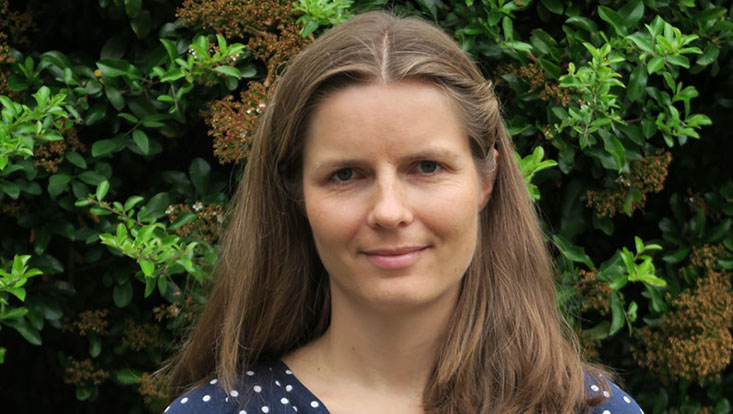
Intact natural habitats help to reduce greenhouse gases
Environmental scientist Dr. Kerstin Jantke works at the Research Unit Sustainability and Global Change. Read more
.
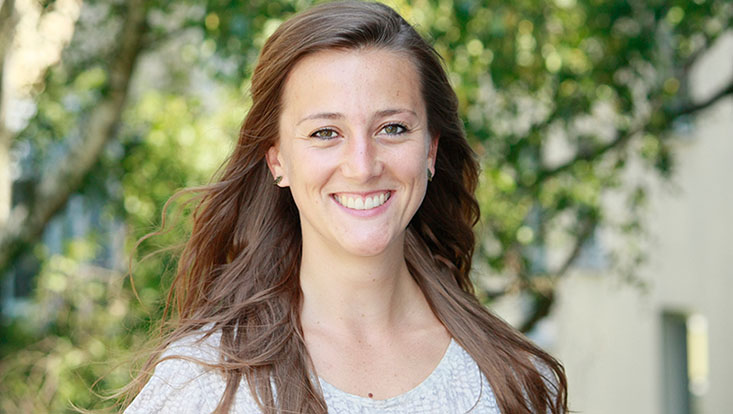
Barium in microfossils confirms climatic changes in the Mediterranean
Valerie Menke focuses on using microscopic life forms to reconstruct climatic changes in the Mediterranean. Read more
.
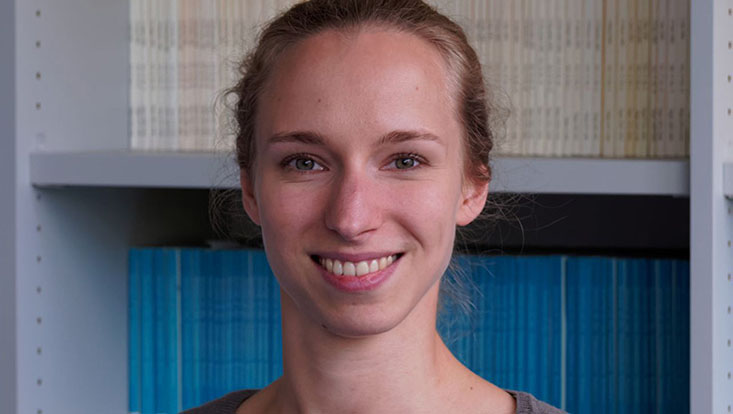
Using Mathematical Models to Predict Affected Areas
Anja Jeschke developed a mathematical model that allows to accurately simulate extreme scenarios.
.
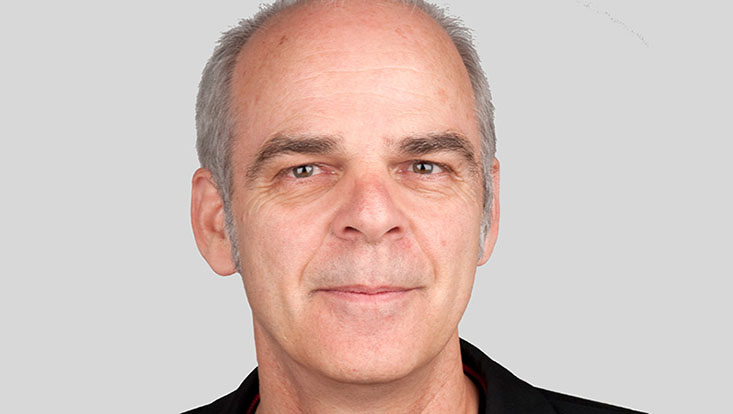
A Cultural anthropologist in climate research
Dr. Werner Krauß is a fellow of the Cluster of Excellence in the project "Understanding Science in Interaction".
.
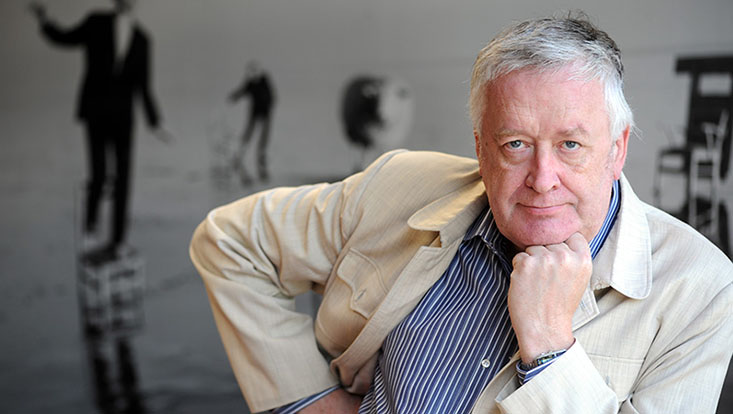
CSI climate change: In search of CO2 rivals
Prof. Dr. Hans von Storch is one of the HZG and professor at Universität Hamburg. He solved the case of the warming temperature in the Baltic region.
.
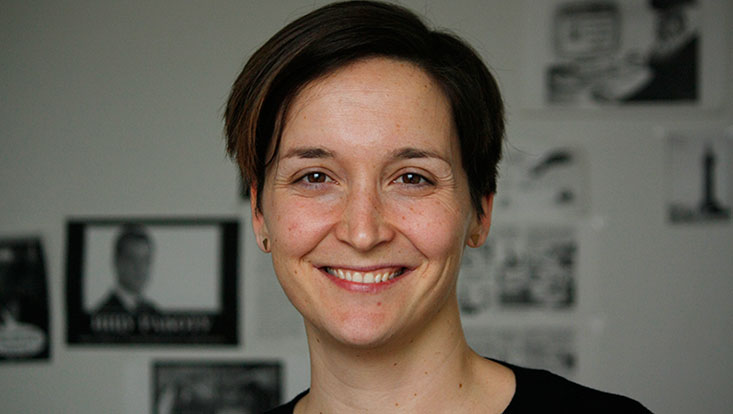
Survey on centennial-scale drought: Environmental refugees not involved in protests
Dr. Christiane Fröhlich is working at Universität Hamburg’s Institute for Peace Research and Security Policy.
.
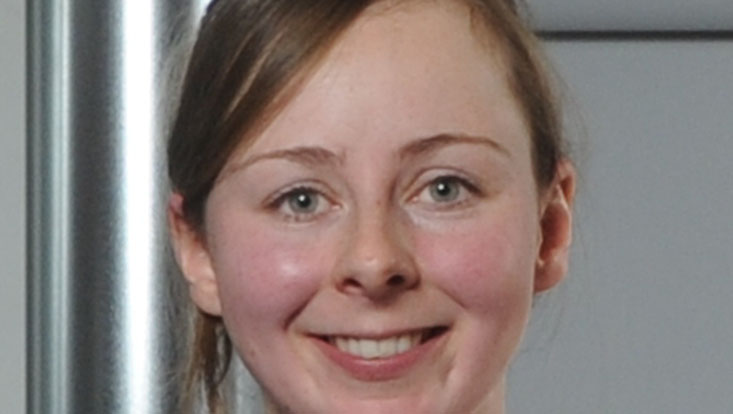
Exciting news from the edge: Measuring the snow cover on Arctic ice
Dr. Nina Maaß researches remote sensing methods for Arctic ice at the Cluster of Excellence CliSAP.
.
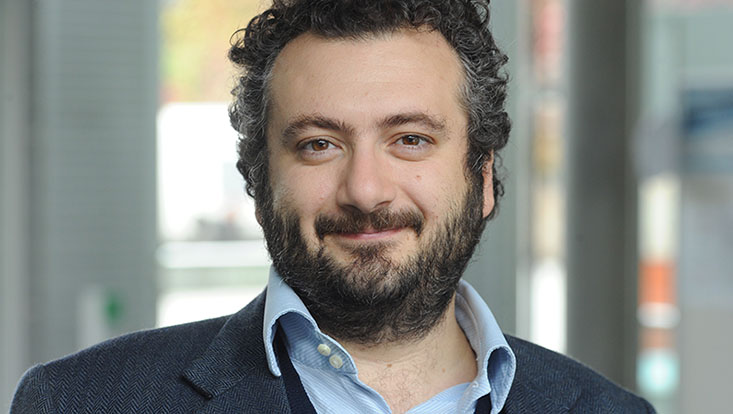
Climate formulas: Even extreme weather follows rules
Prof. Valerio Lucarini is a theoretical meteorologist at the Cluster of Excellence CliSAP. He translates extreme weather phenomena into strict mathematical formulas. Read more
Articles in 2014
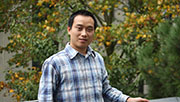
Climate Risks in Southern China: Finding a Strategy for the Pearl River Delta
Dr. Liang Yang is a geographer at Universität Hamburg’s Cluster of Excellence CliSAP. He has developed future scenarios for China’s Pearl River delta.
.
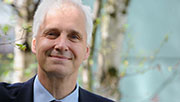
Will Climate Change Fertilize the Sahara?
Prof. Martin Claußen, Director of the Max Planck Institute for Meteorology (MPI-M) has analyzed whether climatic warming will revegetate the Sahara.
.
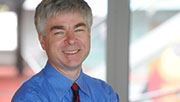
Climate Models Can Now Incorporate “Deep Waves”
The oceanographer Prof. Detlef Stammer is one of CliSAP deputy chairs and director of the Center for Earth System Science and Sustainability (CEN) at Universität Hamburg. Read more
.
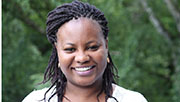
Climate-related Conflicts in Kenya Are Avoidable
Dr. Grace Wambui Ngaruiya has investigated Kenya’s climate change adaptability. Read more
.
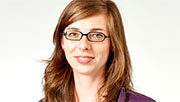
Regional Models Offer Insights into Climate Change
Geologist Dr. Katharina Klehmet has applied a regional climate model to one of the remotest terrains on the planet: Siberia.
.
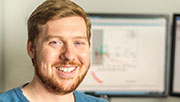
Human Impact on Elbe River Remains Severe
Geologist Dr. Thorben Amann has investigated carbon and silicon cycles following the Elbe from Hamburg’s harbour to the river’s estuary. Read more
.
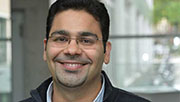
The transformation of iron in volcanic clouds
Geophysicist Dr. Gholam Ali Hoshyaripour has analyzed the modulation of ash iron in volcanic plumes.
.
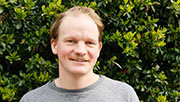
What is the Value of the Rain Forest?
Dr. Daniel Plugge holds a Diplom in wood science. He is working for Universität Hamburg’s Institute for World Forestry.
.
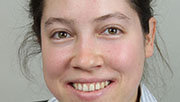
New Paths: How Attitudes Towards Climate Protection Could Change
Jasmin Link combines Mathematics with Sociology and answers the question what typewriters have in common with climate change.
.
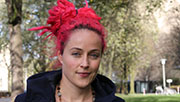
Variations in Ocean Currents: How Accurate can Prognoses be?
Oceanographer Bente Tiedje has researched the reliability of prognoses regarding Atlantic Ocean currents. Read more
.
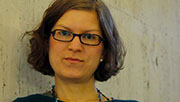
Climate-Friendly Heating: Reservations Remain, Knowledge Still Lacking
Johanna Matzat is a sociologist. Her research explains how prejudices and routines influence heating choices. Read more
.
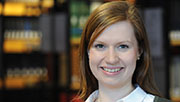
Dynamic Computational Grids Improve Storm Surge Models
Oceanographer Nicole Beisiegel has explored the development of computational models of hurricanes and typhoons. Read more
Articles in 2013
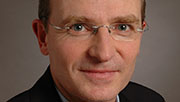
High Levels of CO2 Emissions Reduce Company Value
Economist Alexander Bassen has analyzed how the emissions trading system affects business enterprises. Read more
.
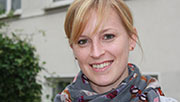
Parents, the Media or Al Gore – who Shapes our Ideas About the Climate?
Ines Schaudel is a communications expert. She has investigated how climate change is perceived from the perspective of media audiences.
.
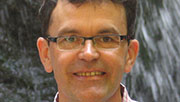
Micro Fossils Provide Information: Is the Level of the North Sea Really Rising?
Gerhard Schmiedl is a micropaleontologist. Fossil foraminifera provide him with important clues about historical sea level changes. (Photo: UHH/CEN) Read more
.
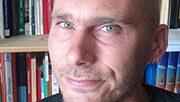
Hamburg Geo Software Drafts Plan for Africa’s Land Use
Olaf Conrad specializes in geographic information systems (GIS). He has investigated changes in agricultural conditions by means of a GIS-software. Read more
.
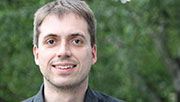
Optimizing Simulations for Suspended Particles
Mathematician Oliver Kunst has developed methods for shortening climate simulation cycle.
.
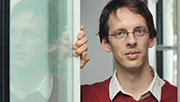
What’s Fair when it Comes to Environmental Protection?
Sociologist Andreas Schmidt has analyzed varying international perceptions of fairness in handling climate policy.
.
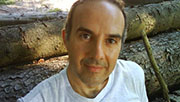
How Thick the Cloud Cover Was in 1632? Tree Rings Hold the Answer
Paleoclimatologist Eduardo Zorita explains how to identify climate-relevant hints about historical cloud coverage in tree rings.
.
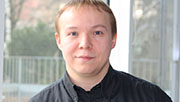
Warm-Water Plankton Species Are Profiting From Climate Change
Ralph Rösner is a biologist. His doctoral dissertation analyzes how climate change has affected the Plußsee, a lake in Schleswig-Holstein.
.
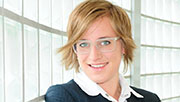
Credibility of Climate Campaigns From Energy Companies
Inga Schlichting is a communications specialist. Her research focuses on the question whether climate campaigns help energy corporations establish a positive image.
.
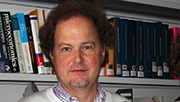
Why Governments Are Reluctant to Climate Protection – and Act Rational Thereby
Michael Funke is a professor of macroeconomics and quantitative economic policy at Universität Hamburg and research fellow at the CESifo Group Munich.
Articles in 2012
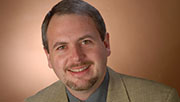
Conflict or Cooperation: What Should We Do, if Water Becomes a Scarce Good
Michael Link has investigated whether climate change may increase the potential for armed conflicts triggered by water scarcity.

